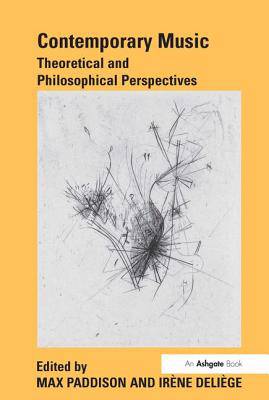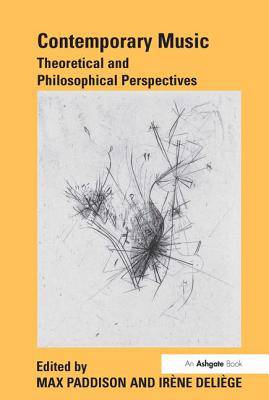
- Afhalen na 1 uur in een winkel met voorraad
- Gratis thuislevering in België vanaf € 30
- Ruim aanbod met 7 miljoen producten
- Afhalen na 1 uur in een winkel met voorraad
- Gratis thuislevering in België vanaf € 30
- Ruim aanbod met 7 miljoen producten
Zoeken
€ 305,45
+ 610 punten
Uitvoering
Omschrijving
This collection of essays and interviews addresses important theoretical, philosophical and creative issues in Western art music at the end of the twentieth- and the beginning of the twenty-first centuries. The book offers a wide range of international perspectives from prominent musicologists, philosophers and composers. Part I is mainly theoretical in emphasis. Issues addressed include the historical rationalization of music and technology, new approaches to the theorization of atonal harmony in the wake of Spectralism, debates on the 'new complexity', the heterogeneity, pluralism and stylistic omnivorousness that characterizes music in our time, and the characterization of twentieth-century and contemporary music as a 'search for lost harmony'. The orientation of Part II is mainly philosophical, examining concepts of totality and inclusivity in new music. Part III offers creative perspectives, with new essays and interviews from important contemporary composers. A concluding essay by Alastair Williams provides a postlude to the book, while the whole collection is prefaced by an extended introductory chapter by Max Paddison which provides a context of ideas, and traces many of the issues discussed back to Adorno's seminal notion of une musique informelle.
Specificaties
Betrokkenen
- Auteur(s):
- Uitgeverij:
Inhoud
- Aantal bladzijden:
- 408
- Taal:
- Engels
Eigenschappen
- Productcode (EAN):
- 9780754604976
- Verschijningsdatum:
- 28/09/2010
- Uitvoering:
- Hardcover
- Formaat:
- Genaaid
- Afmetingen:
- 156 mm x 234 mm
- Gewicht:
- 743 g

Alleen bij Standaard Boekhandel
+ 610 punten op je klantenkaart van Standaard Boekhandel
Beoordelingen
We publiceren alleen reviews die voldoen aan de voorwaarden voor reviews. Bekijk onze voorwaarden voor reviews.








